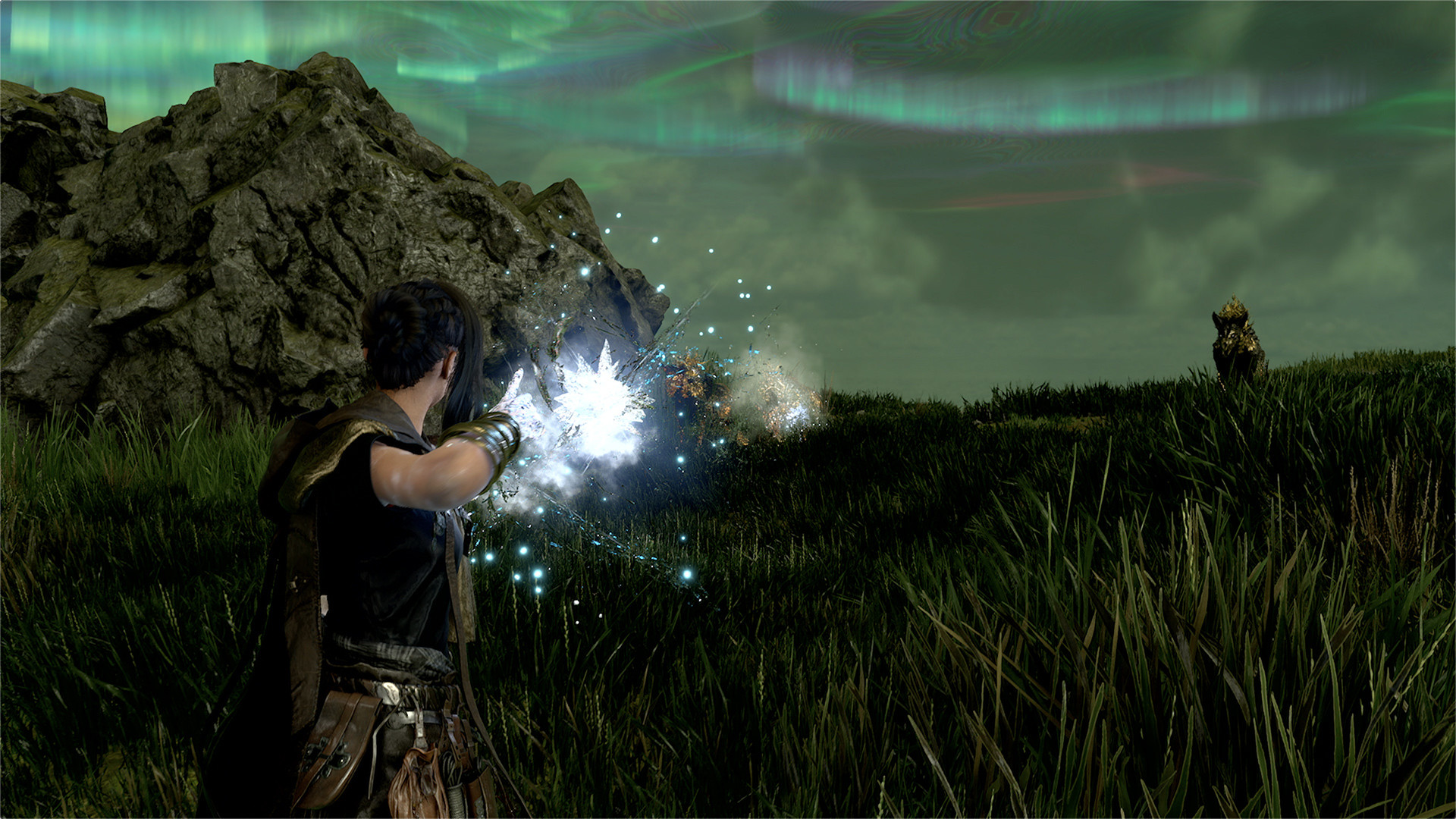Microsoft’s tech to seriously speed up load times for Windows gamers is coming ‘soon’
GPU Decompression is a nifty innovation inbound with DirectStorage 1.1

Sign up for breaking news, reviews, opinion, top tech deals, and more.
You are now subscribed
Your newsletter sign-up was successful
Microsoft has announced that a fresh version of DirectStorage will be going out to game developers before the end of 2022, and it’ll come with an important step forward in terms of speeding up loading times with SSDs.
As you may be aware, DirectStorage is the feature first seen on the Xbox which brings faster load times – and better performance loading game assets in big open world titles – and it first arrived for Windows PCs back in March.
What Microsoft has now revealed (hat tip to Tom’s Hardware) is that DirectStorage 1.1, a new version with GPU Decompression tech incorporated, will be here very soon. Although there still aren’t any games that’ll benefit from it (yet – we’ll come back to this obviously rather crucial point).
Microsoft has already told us that DirectStorage (DS) will produce a reduction in load times of up to 40% – for games on fast NVMe SSDs running on Windows 11 – and this new piece of the DS puzzle, GPU Decompression, will offer something in the order of a tripling of loading time performance, the company promises.
Normally, decompression (of compressed game assets, which need to be made smaller due to their hefty size) is run by the CPU, but what Microsoft is doing is switching this grunt work directly to the GPU.
Microsoft explains: “Graphics cards are extremely efficient at performing repeatable tasks in parallel, and we can utilize that capability along with the bandwidth of a high-speed NVMe drive to do more work at once.”
In a Microsoft demo, the company illustrated that when DirectStorage is running with GPU decompression, compared to traditional CPU decompression, “scenes are loading nearly 3x faster and the CPU is almost entirely freed up to be used for other game processes.” (In that demo, the processor only saw 15% maximum usage, by the way, compared to 100% usage when DS wasn’t being used).
Sign up for breaking news, reviews, opinion, top tech deals, and more.
Now, bear in mind this is a cherry-picked and ‘highly optimized’ demo (in Microsoft’s own words), but it certainly promises some seriously beefy gains overall, which should see games that support DirectStorage loading – and running – much more smoothly all-round.
Analysis: Forspoken is sadly not forthcoming (still)
It’s worth noting that while DirectStorage is made with superfast NVMe SSDs in mind, it will still work with slower SSDs (and indeed hard disks, to a point); but the effect won’t be nearly as pronounced. The storage speeding tech will also work fine on Windows 10 machines, too, but Windows 11 offers advances on the storage optimization front which again will mean DS offers more impact. (Also, you need a contemporary GPU for DS to work, meaning one with DX12 and Shader Model 6 support).
The main catch still is that despite work on DirectStorage proceeding nicely, there are still no PC games that actually support the tech. We were supposed to be getting the first game to show off DS this month, Forspoken, but it has been delayed to January 2023 (and was already put back before then, so that’s a tad disappointing).
That said, it’s still only a few months away – assuming no further hiccups – but even then, it’s just one game. It’ll doubtless be a while before wider support is adopted among PC game devs, but when it is, this could become a compelling reason to upgrade to Windows 11 for gamers (and equally a good reason to get an NVMe SSD for those who haven’t yet made the leap on the storage front).
Darren is a freelancer writing news and features for TechRadar (and occasionally T3) across a broad range of computing topics including CPUs, GPUs, various other hardware, VPNs, antivirus and more. He has written about tech for the best part of three decades, and writes books in his spare time (his debut novel - 'I Know What You Did Last Supper' - was published by Hachette UK in 2013).